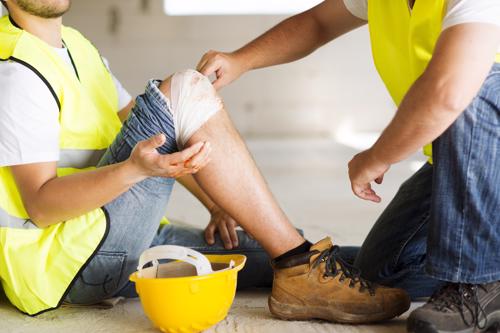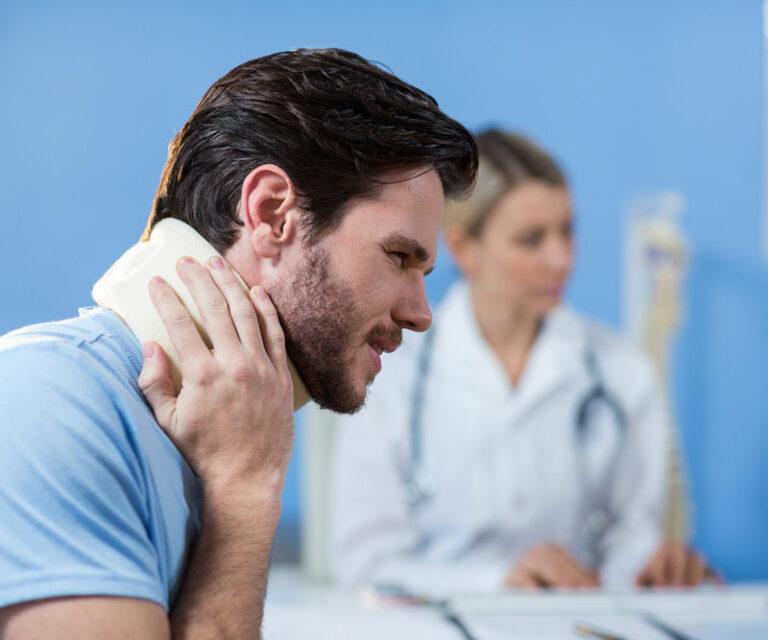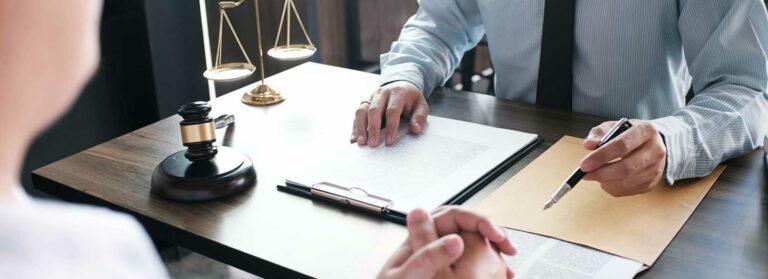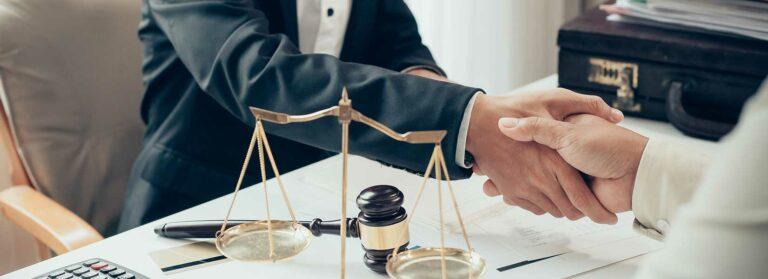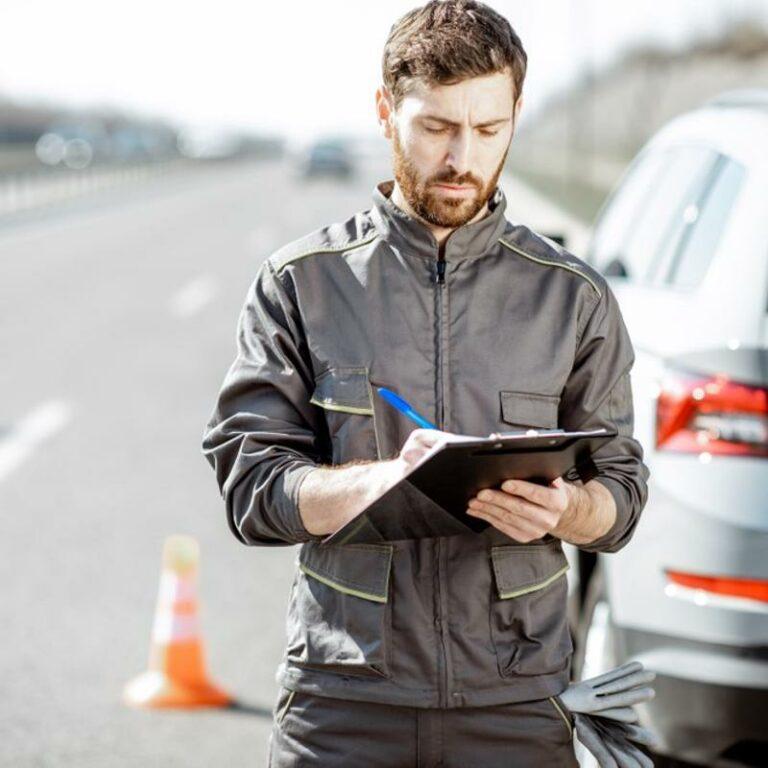- Douglasville personal injury attorney, GA personal injury lawyer, georgia personal injury attorney, personal injury attorney
Technology has provided our society an immense amount of benefits. It facilitates communication and business transactions and allows for a massive exchange of information in an instant. One of the most frequent uses for technology is social networking through websites like Facebook and Twitter. According to a study by the Pew Research Center, over 58 percent of the U.S. adult population has a Facebook account. When this number is adjusted to reflect only adults who use the internet, over 80 percent have used Facebook. While Facebook and other forms of social media allow us to be connected with friends and family across the globe, it can present serious problems in the event of your personal injury lawsuit. People can often forget that what goes onto a social media page can often end up in front of a jury as evidence.
How Can My Social Media Pages Be Used Against Me in My Personal Injury Case?
What used to require significant investigation from insurance adjusters and private detectives can now be accomplished in a few clicks of a mouse. One of the initial steps insurance companies take is to look to see if you have social media pages as the part of their investigation. Facebook and other online pages can be used to question the extent of your injuries, and the time and location of when your accident supposedly happened, which can be challenged with GPS and location data.
Additionally, since 2013, courts have consistently held that a “Facebook Like” counts as symbolic speech. This means that if you like a certain page the insurance company may try to use this as evidence. For example, imagine if you “liked” an orthopedic surgeon’s page on Facebook, even if you have never had any orthopedic surgery in your life, but you liked the page because the practitioner was a family friend. After an injury in an accident, an insurance company may try to claim that you had a preexisting condition that required orthopedic surgery and the accident did not cause the injuries you claim it did. At the very least, the insurance company may at least question you about this information during a deposition.
In addition to insurance companies investigating the pages you like, they will likely also try to view your photos and videos. There is a familiar expression that says a picture is worth 1,000 words. However, in a personal injury lawsuit a picture can be worth your entire case. Pictures and videos showing you engaging in physical activity or recreational sports may be used to question the severity of your injury. Even data collected by FitBits and wearable technology can be used as evidence. More about how that data can be used can be found here.
What Are Some Best Practices I Should Do With My Social Media Pages After an Accident?
While every accident is different, here are some tips that everyone can follow to ensure that their rights are protected:
- Turn on the highest privacy setting: you may feel like you have nothing to hide, but the insurance company or the other side may not view it this way and try to find something to use against you. However, even with privacy settings at their maximum there may be legal ways for an insurance company to get your private information
- Avoid posting or sending messages about your case: Avoid communicating with anyone but your lawyer about your case electronically.
- Make sure your friends are actually your friends: Many people are friends on Facebook with people they only talk to occasionally. People on your friends list may intentionally or inadvertently share information on your page that could hurt your case.
- Don’t delete content on your social media: Deleting electronic information can have the same consequences as destroying physical evidence. Most social media sites have an option to archive your page to ensure the content remains unchanged. Last year, the Georgia Supreme court broadened its protections against destroying evidence.
- When in doubt, do not post: If you have any feeling that what you post may affect your case, you are probably right. Avoid any posting that may harm your chance of recovery.
Social Media as Evidence in Georgia Court
The primary way social media pages can come up is when they are introduced as evidence in court or as part of settlement discussions. While there are a number of procedural and evidentiary rules that must be considered, Georgia courts generally permit the introduction of social media as evidence.
A few years ago, social media evidence was the tipping point in a high profile trucking accident case. The person who brought the lawsuit had claimed that they suffered a head injury after being hit by a tractor trailer that prevented them from enjoying many aspects of life such as enjoying food or being outside in the sun. However, at trial the trucking company was able to present pictures form after the accident that should the allegedly injured person enjoying riding on a jet ski and enjoying gourmet dining on a Hawaiian vacation. Obviously, these photos called the plaintiff’s injuries into serious doubt.
However, despite the general attitude of allowing social media evidence, Courts in Georgia have attempted to limit the extent that can be requested. This is to limit parties from requesting social media accounts looking for anything that is relevant in a fishing expedition. While there is still a large portion of social media that will come into evidence, the limits on it serve a purpose of judicial efficiency.
Have You Been Injured in a Georgia Accident?
If you did not use social media before an accident, the time to start is not immediately after. If you did use social media, the dedicated personal injury attorneys in Georgia at the Law Office of John B Jackson recommend that you are not active on it in order to protect your rights. Contact us for a free consultation on your case – we can travel to your location if you are unable to meet at our offices.

